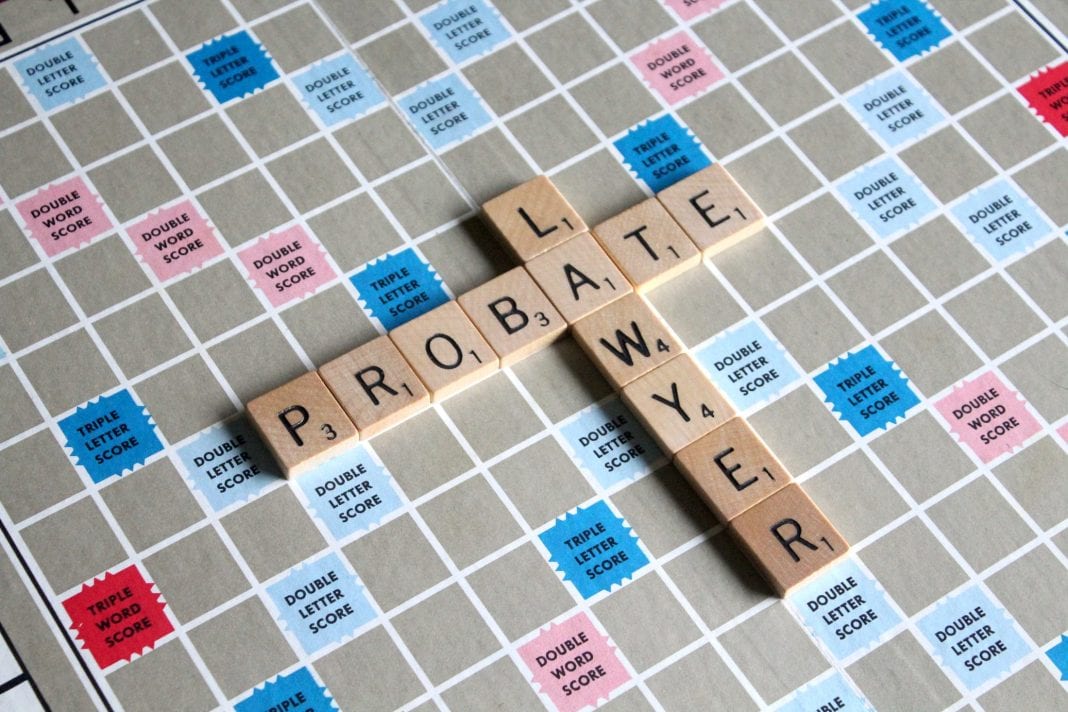Table of Contents - Jump Ahead:
When a person dies, the decedent’s property must be distributed. The property goes either to the persons named in the decedent’s will or in accordance with the default laws of the state where the decedent lived if they left no will. Nevada, like all states, has specific statutory requirements for probate. The probate process must comply with these requirements to transfer property according to Nevada state law. The experienced probate attorneys at Lee, Kiefer & Park, LLC, can help you navigate the process.
The attorneys at Lee, Kiefer & Park, LLC, have a wealth of probate experience. Managing partner Kennedy Lee has practiced trust and estates law in Nevada since completing law school in 2011. Mr. Kiefer and Mr. Park focus his practice on litigate matters related to trust and estate administration. Mr. Lee and partner Matthew Park carry the highest possible rating from the prestigious Martindale-Hubbell peer-based lawyer rating service. The three partners’ experience is complimented by that of Suzanne Fitts, a 1989 law school graduate who serves the firm as of counsel.
Overview of the Probate Process in Nevada
The probate process, from a bird’s eye view, consists of locating the decedent’s will if the decedent had one, gathering together the decedent’s assets, paying the decedent’s debts and taxes, and then distributing the remainder of the property to the decedent’s beneficiaries or heirs. This happens with varying degrees of involvement by the probate court. In general, as the value of the estate increases, the probate process becomes more involved. Therefore, the first step in probate to determine the value of the estate.
Small Estates
If the decedent owned no interest in any real property, and the estate is valued at $25,000 or less, then the decedent’s estate can avoid probate by using a small estate affidavit. If the person entitled to inherit the decedent’s estate is a surviving spouse, then the small estate affidavit can be used for an estate valued up to $100,000. The affidavit lists the decedent’s property, states that debts and taxes have been paid, and says that the person filing the affidavit is entitled to the rest of the estate. No further probate process is necessary.
Set Aside Estates
If the value of the estate does not exceed $100,000, the estate may be set aside without administration based on only one pleading with the court. This means there is minimal involvement with the probate court. The person seeking a set aside files a petition with the probate court requesting authorization to set aside the assets of the estate to those entitled to inherit them. After a court hearing, if the statutory requirements have been met, the court signs an order allowing the set aside. There is no further probate process. The court order can then be used to transfer ownership or title to the assets.
Summary Administration
This probate process is available for estates valued at no more than $300,000. The procedure allows for a truncated probate process. For the court to allow summary administration, the court must find that summary administration is advisable “considering the nature, character and obligations of the estate.” Upon that finding, some of the procedures required for full probate are revised and are less stringent.
General Administration of Estates
If the value of the estate exceeds $300,000, then the estate is subject to general administration. The general probate process requires many steps for the personal representative. The court must approve most of the actions that the personal representative takes in administering the estate.
The Probate Process for General Administration
Depending upon the value of the estate, a general administration might not be required. If it is, these are the general steps in the probate process:
- The nominated personal representative must locate the original will, if the decedent left one.
- That person must file a petition for probate in the county where the deceased lived, within thirty days of death.
- The petition for probate will request that the person be appointed personal representative, as stated in the decedent’s will. If the decedent left no will, then the petition requests appointment of a close family member as the personal representative.
- The personal representative provides the statutory notices of all court hearings and publishes a notice to creditors in a newspaper where the decedent lived. Creditors have three months to present their claims.
- The personal representative marshals the assets, and prepares an inventory of the assets and debts of the estate and file it with the court.
- Certain actions may require court direction on how to proceed. Other actions require court authority.
- Eventually, the personal representative files a petition seeking authority to pay the outstanding debts of the decedent/estate and to distribute the remainder to the beneficiaries.
- Once all the assets have been distributed, the estate is closed.
Each of these steps must be completed properly and accurately. If you or someone you know needs an experienced probate attorney in Las Vegas, or anywhere throughout the state of Nevada, please contact Lee, Kiefer & Park, LLC, for a free consultation, either by using the online form or calling 702-333-1711.


































